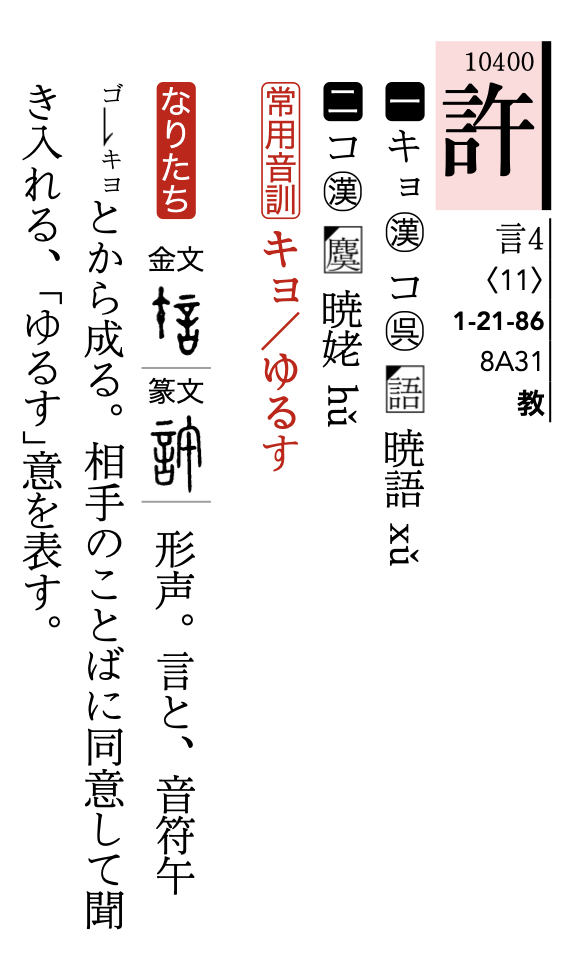心許なし
April 10, 2022
前两天学日语时看到「心もとなし」这个词。也可以写成「心許なし」:
かたく封じたる続飯などあくるほど、いと心許なし(枕一六〇)
大意:(恋人来信)封得很严实,打开途中焦急难耐。
「心許なし」意味着放不下心、不安、迫不及待的状态。在这里,「許」是「根据,处所」之意。「母の許へ帰る」:回到母亲身边。而「处所」与「容许」十分接近:接纳人,令人安心的地方。
同时,需要这一处所的行动是「落下」。无论是汉语里「放心」还是日语里「落ち着ける」,意指安心的同时都与下落有关。安心意味着:悬置的结束,心神(或身心)落在安全的地方:并没有掉入无底深渊,或因为碰撞而破碎。
或许是这一词的意象,以及过去一年多心理咨询的经历,令我想到了 Winnicott 所说的 holding :
In psychology it must be said that the infant falls to pieces unless held together, and physical care is psychological care at these stages. (Human Nature, p. 117, emphasis mine)
Holding 防止了一种灾难性的下落与破碎,然而有时释放是必要的:
Often, however, the holding is variable or even spoiled by anxiety (mother’s over-control against dropping) or by anxiousness (mother’s trembling, hot skin, over-acting heart, etc.) in which case the baby cannot afford to relax. Relaxation then only comes with exhaustion. (p.119)
与母亲相似,咨询师提供的 holding 是一种安全的场所,也正因此来访可以尝试完成某种「跳跃」(复述可怕的梦,说出难以接受的想法,重访创伤发生的时刻,真正接纳身体的感觉……),并知道自己不会真的 fall to pieces, 因为在此时此刻有一个人(咨询师)可以容纳所有这些部分。此刻「将要破碎」的感觉或许来自遥远的过去,而去感受它或许正是 integration 的开始。
One of these later forms of holding involves the provision of a ‘place’ (a psychological state) in which the infant (or patient) may gather himself together… This type of holding is most importantly an unobtrusive state of ‘coming together in one place’ that has both a psychological and a physical dimension.
On holding and containing, being and dreaming, THOMAS H. OGDEN, 2004

最后,从「許」字源中我们可以找到一种神奇的对应。无论是「应许」,「容许」还是「许可」,都不是某种单方面、绝对的保证与安全,而是一种请求与应答,声音与声音间的往返。而字组成的两个部分「言」与「午」,一方是言语,一方「午」则来自「杵」,舂米时上下捶打的器具。而「許」正是这两者的结合:从物理的相向运动,到语言、声音的相交碰撞,直到下落与容许本身。